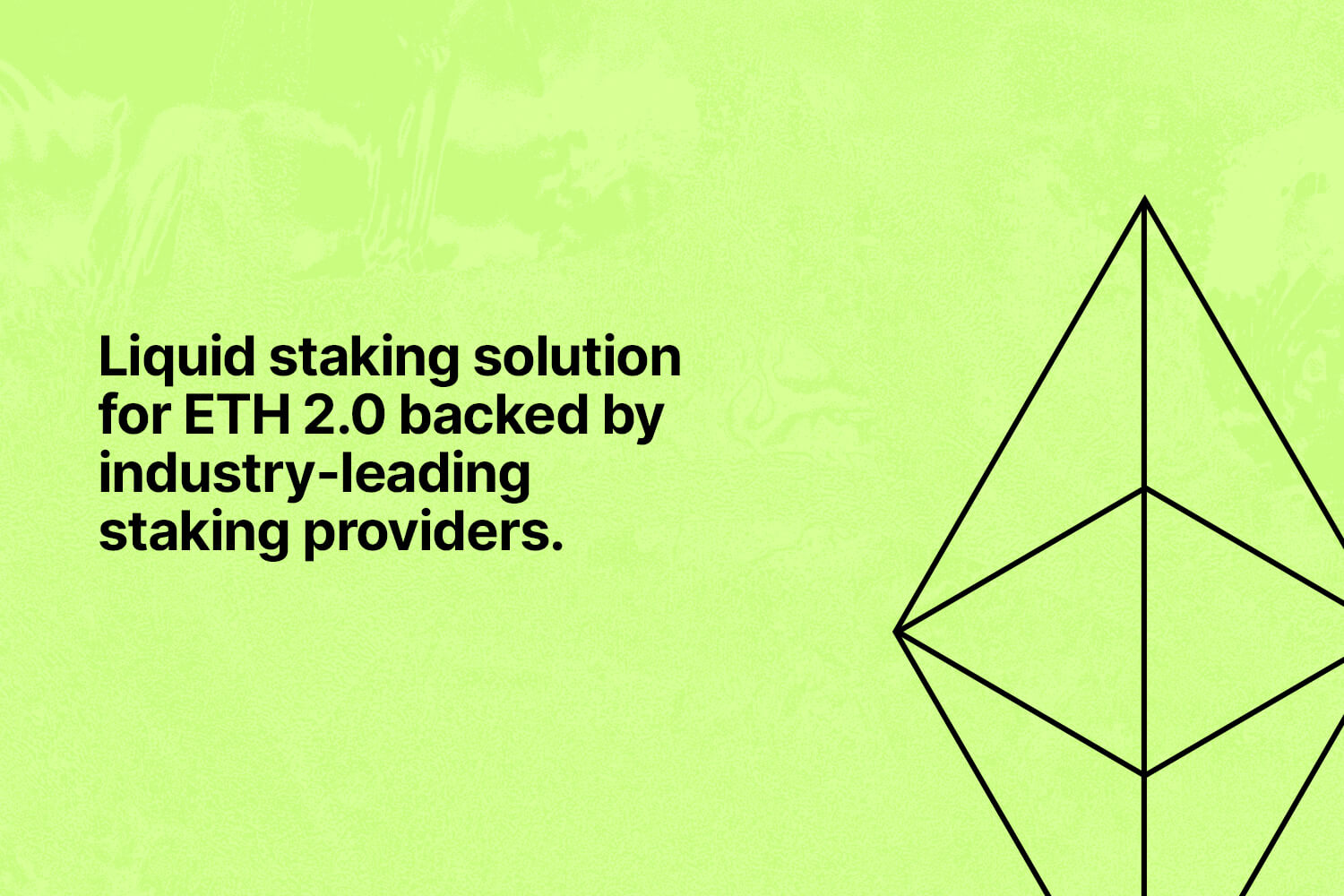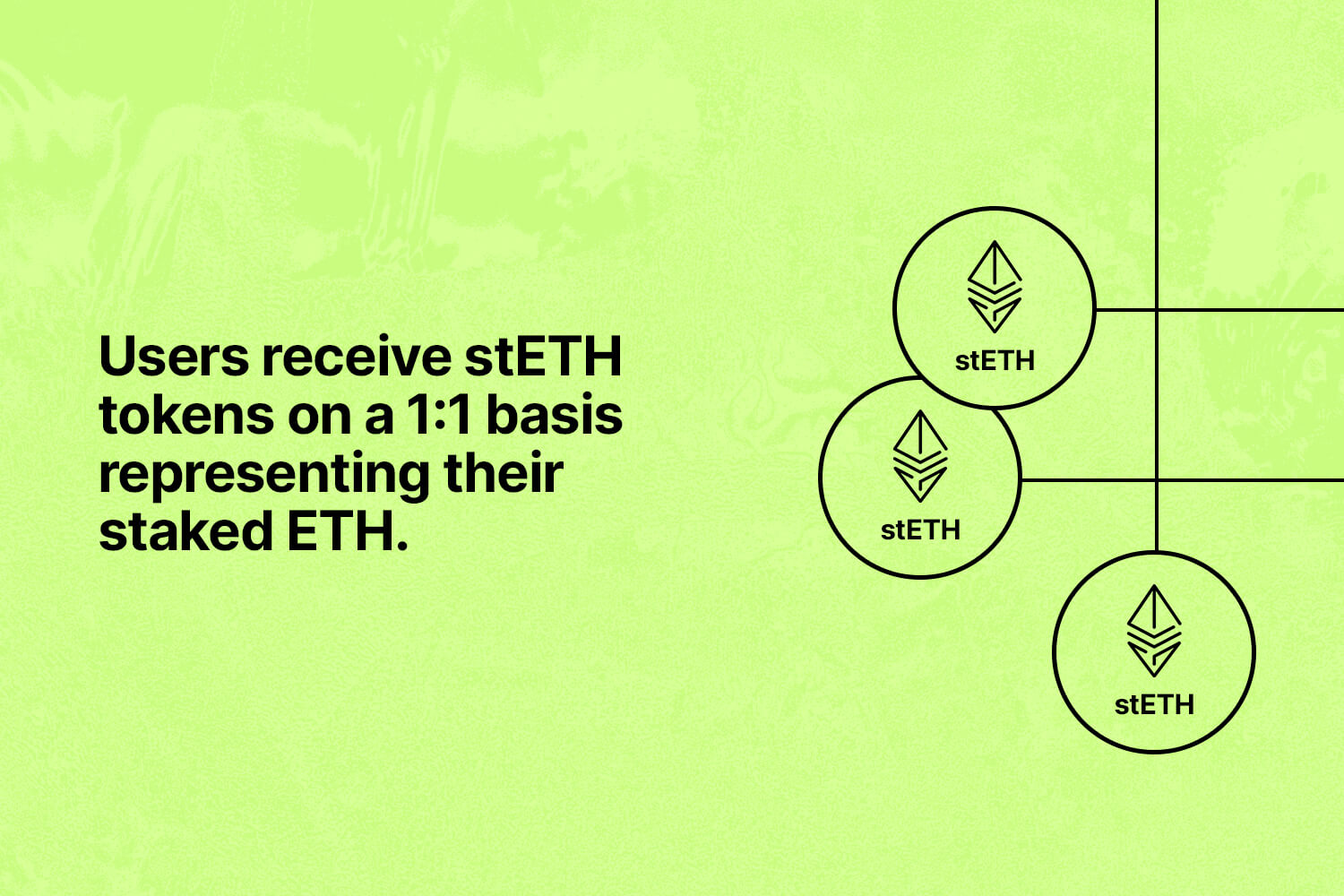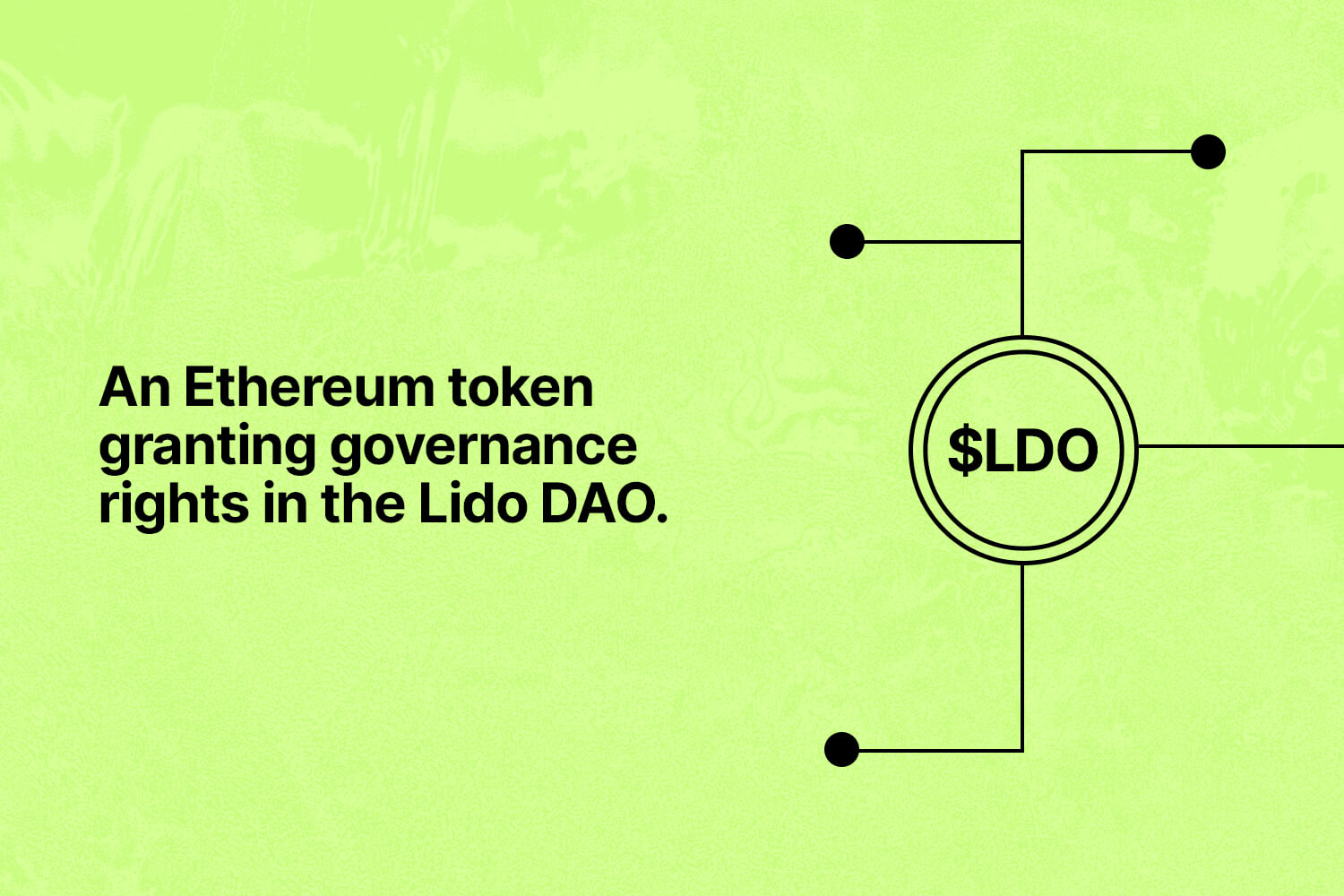The Lido DAO recently approved 01node as one of the five new Node Operators for Lido’s Solana set with mainnet.
In our previous blog, we discussed in-depth about liquid staking and different liquid staking platforms attach a link to the article . In this article we are going to talk more about one of the most recognized liquid staking platform in the Ethereum chain. But first a recap of what liquid staking is.
Liquid staking protocols allow users to earn staking rewards without locking assets or maintaining staking infrastructure. Users can deposit tokens and receive tradable liquid tokens in return. The DAO-controlled smart contract stakes these tokens using elected staking providers. As users funds are controlled by the DAO, staking providers never have direct access to the users’ assets.
What is Lido

Lido is a liquid staking solution for ETH 2.0 backed by industry-leading staking providers. Lido lets users stake their ETH – without locking assets or maintaining infrastructure – whilst participating in on-chain activities, e.g. lending.
Their goal is to solve the problems associated with initial ETH 2.0 staking – illiquidity, immovability and accessibility – making staked ETH liquid and allowing for participation with any amount of ETH to improve security of the Ethereum network.
On April 30th, a mountain grant proposal by Chorus One was proposed to the Lido governance forums following the creation of LEGO (Lido Ecosystem Grants Organization). This proposal suggested expanding Lido’s liquid staking solution to the Solana blockchain.
The lido team initially set out to address the illiquidity of Ethereum but later expanded to other chains like Kusama, Solana, polygon, and polkadot.
How does Lido work?

For example, when staking with Lido, users receive stETH tokens on a 1:1 basis representing their staked ETH. stETH balances can be used like regular ETH to earn yields and lending rewards, and are updated on a daily basis to reflect your ETH staking rewards. Note that there are no lock-ups or minimum deposits when staking with Lido.
When using Lido, users receive secure staking rewards in real-time, allowing for participation in the securing of Ethereum without the associated risks and downside potential.
The Liquid token variant - stETH, stSOL
stETH is a token that represents staked ether in Lido, combining the value of initial deposit + staking rewards. stETH tokens are minted upon deposit and burned when redeemed. stETH token balances are issued 1:1 to the ethers that are staked by Lido. stETH token’s balances are updated when the oracle reports change in total stake every day.
stETH tokens can be used as one would use ether, allowing you to earn ETH 2.0 staking rewards whilst benefiting from e.g. yields across decentralised finance products.
stSOL is the liquid token that represents your share of the total SOL pool deposited with Lido. As soon as you delegate to the pool, you receive the newly minted stSOL. Over time, as your SOL delegation accrues staking rewards, the value of your stSOL appreciates.
What is LDO?

LDO is an Ethereum token granting governance rights in the Lido DAO. The Lido DAO governs a set of liquid staking protocols, decides on key parameters (e.g., fees) and executes protocol upgrades to ensure efficiency and stability. By holding the LDO token, one is granted voting rights within the Lido DAO. The more LDO locked in a user’s voting contract, the greater the decision-making power the voter gets.
How is Lido secure?
Lido is a secure liquid staking solution for a number of reasons:
- Open-sourcing & continuous review of all code.
- Committee of elected, best-in-class validators to minimise staking risk.
- Use of non-custodial staking service to eliminate counterparty risk.
- Use of DAO for governance decisions & to manage risk factors.
Usually when staking ETH you choose only one validator. In the case of Lido you stake across many validators, minimising your staking risk.
What are the risks of staking with Lido?
There exist a number of potential risks when staking ETH using liquid staking protocols.
- Smart contract securityThere is an inherent risk that Lido could contain a smart contract vulnerability or bug. The Lido code is open-sourced, audited and covered by an extensive bug bounty program to minimise this risk.
- ETH 2.0 – Technical riskLido is built atop experimental technology under active development, and there is no guarantee that ETH 2.0 has been developed error-free. Any vulnerabilities inherent to ETH 2.0 brings with it slashing risk, as well as stETH fluctuation risk.
- ETH 2.0 – Adoption riskThe value of stETH is built around the staking rewards associated with the Ethereum beacon chain. If ETH 2.0 fails to reach required levels of adoption we could experience significant fluctuations in the value of ETH and stETH.
- DAO key management risk – On early stages of Lido, slightly more than 600k ETH became held across multiple accounts backed by a multi-signature threshold scheme to minimize custody risk. If signatories across a certain threshold lose their key shares, get hacked or go rogue, we risk these funds (<20% of total stake as of April 2022) becoming locked.
- Slashing riskETH 2.0 validators risk staking penalties, with up to 100% of staked funds at risk if validators fail. To minimise this risk, Lido stakes across multiple professional and reputable node operators with heterogeneous setups, with additional mitigation in the form of coverage that is paid from Lido fees.
- St-token price riskUsers risk an exchange price of st-token which is lower than inherent value due to withdrawal restrictions on Lido, making arbitrage and risk-free market-making impossible. The Lido DAO is driven to mitigate above risks and eliminate them entirely to the extent possible. Despite this, they may still exist and, as such, it is our duty to communicate them.
About 01node
01node is a high quality staking and validation service headquartered in Romania. We have the expertise and time tested infrastructure as a highly secure and reliable node. Our track record shows this reliability, We prioritize great focus on security and we ensure the best practices for every service we offer. We aim to provide the best performance and reliability through our physical infrastructure collocated in tier-3 datacenters.
We are a team of highly skilled and dedicated professionals with decades of experience in the fields of software development, IT infrastructure, cryptography, and financial services. Our existing validator nodes have secured value on several POS networks since their inception such as Terra, Iris, Solana, Cosmos, Near, E-money, IOV, Solana, Skale, Secret Network, Oasis and others who will soon launch like Celestia or Nomic chain, and Near Protocol.
Our community has an active voice in how we participate in the decentralized ecosystem, and our combined strength will propel the project towards a successful future. We vote on most of the governance proposals, and consult with our delegators before this, it’s important to note that we always vote on what is best for the network.

